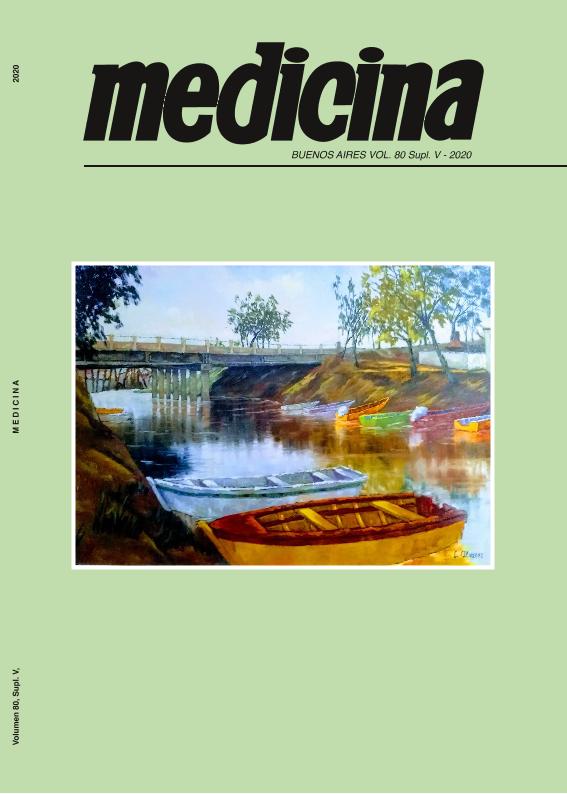Evento
Chlamydia trachomatis disturbs antigen cross-presentation by infected dendritic cells
Tipo del evento:
Reunión
Nombre del evento:
LXV Reunión Anual de la Sociedad Argentina de Investigación Clínica; LXVIII Reunión Anual de Ia Sociedad Argentina de Inmunología y Reunión Anual de la Sociedad Argentina de Fisiología
Fecha del evento:
10/11/2020
Institución Organizadora:
Sociedad Argentina de Investigación Clínica;
Sociedad Argentina de Inmunología;
Sociedad Argentina De Fisiología;
Título de la revista:
Medicina (Buenos Aires)
Editorial:
Fundación Revista Medicina
ISSN:
0025-7680
Idioma:
Inglés
Clasificación temática:
Resumen
Chlamydia trachomatis (CT) is an obligate intracellular pathogen and the leading bacterial sexually transmitted infection worldwide. Inside the cell, CT lives into a parasitophorous vacuole (inclusion). Recently DC has begun to be studied like a CT host. Dendritic cells (DCs) can cross-present exogenous antigens to T CD8+ lymphocytes, a process that requires several intracellular transport pathways. Knowing that CT perturbs the intracellular transport, we hypothesized that chlamydia may alter antigen cross-presentation by disturbing key intracellular transport events. By using the DC line JAWS-II and the CT serovar L2, wee observed that CT evades most of the interaction with the endocytic pathway since CT does not localize to specific markers of early endosomes, lysosomes or multivesicular bodies. However, CT did showed a strong interaction with the recycling pathway marker TfR or with different Rab proteins that control endocytic recycling. . Also by confocal microscopy we evidenced a striking redistribution of MHC-I molecules in CT infected DCs. These cells lost their typical MHC-I location in both, the perinuclear recycling center and the plasma membrane. By flow cytometry and WB analysis, we confirmed that MHC-I molecules do not transport properly to the cell surface in infected DCs, as compared to uninfected cells. Although the total amounts of MHC-I molecules are similar in both conditions. . By using the model antigen ovalbumin (OVA) and the specific CD8+ T lymphocytes (B3Z) to measure cross-presentation, we found a significant decrease in the cross-presentation ability of infected DCs with both, soluble and latex beads-associated OVA. Finally, we discarded that this effect is caused by loss of endocytic capacity in the infected DC, since the endocytosis rate remained unchanged after chlamydia infection. Altogether these results indicate that CT infection alters the normal MHC-I intracellular distribution and impairs antigen cross-presentation by DCs.
Palabras clave:
CHLAMYDIA TRACHOMATIS
,
CROSS-PRESENTATION
,
MHC-I
Archivos asociados
Licencia
Identificadores
Colecciones
Eventos(CCT - MENDOZA)
Eventos de CTRO.CIENTIFICO TECNOL.CONICET - MENDOZA
Eventos de CTRO.CIENTIFICO TECNOL.CONICET - MENDOZA
Citación
Chlamydia trachomatis disturbs antigen cross-presentation by infected dendritic cells; LXV Reunión Anual de la Sociedad Argentina de Investigación Clínica; LXVIII Reunión Anual de Ia Sociedad Argentina de Inmunología y Reunión Anual de la Sociedad Argentina de Fisiología; Buenos Aires; Argentina; 2020; 167-167
Compartir




